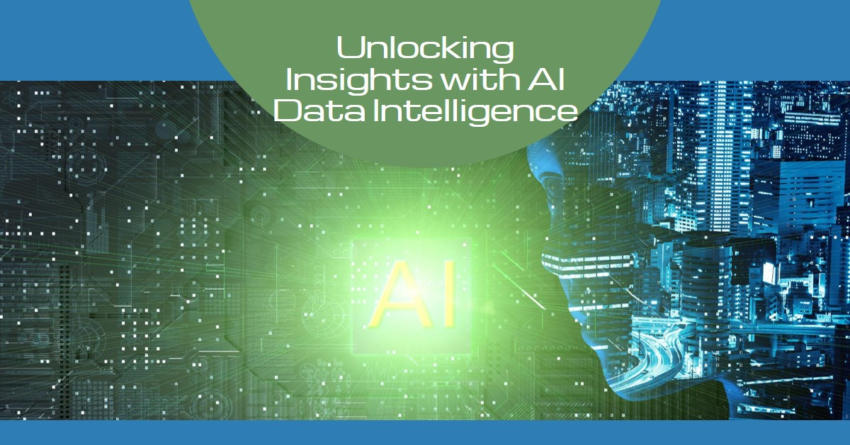In today’s data-driven world, organizations are increasingly turning to Artificial Intelligence (AI) to extract valuable insights from the vast amounts of data they collect. This symbiotic relationship between AI and data is at the core of what we call AI Data Intelligence. It encompasses a wide range of techniques and methodologies aimed at leveraging AI to make sense of data and drive informed decision-making across various industries.
Understanding AI Data Intelligence
At its essence, AI Data Intelligence refers to the use of AI algorithms and techniques to analyze, interpret, and derive actionable insights from data. This involves employing machine learning models, natural language processing (NLP), deep learning, and other AI technologies to sift through massive datasets and uncover patterns, trends, and correlations that may not be immediately apparent to human analysts.
Applications
The applications of AI Data Intelligence are vast and diverse, spanning across industries such as finance, healthcare, retail, manufacturing, and beyond. In finance, AI-powered algorithms are revolutionizing risk assessment, fraud detection, and algorithmic trading by analyzing market data in real-time and identifying profitable opportunities or potential risks.
Techniques and Approaches
Several techniques and approaches are employed in AI Data Intelligence to extract meaningful insights from raw data. One common approach is supervised learning, where algorithms are trained on labeled data to make predictions or classifications based on input features. Another approach is unsupervised learning, where algorithms uncover hidden patterns or structures within data without explicit guidance.
Challenges and Considerations
Despite its immense potential, AI Data Intelligence also poses several challenges and considerations. One of the primary challenges is ensuring the quality and reliability of the underlying data. Biases, inaccuracies, and inconsistencies in the data can significantly impact the performance and effectiveness of AI algorithms, leading to erroneous insights and flawed decision-making.
The Future
Looking ahead, the future of AI Data Intelligence holds tremendous promise and potential. As AI technologies continue to advance, we can expect to see even more sophisticated algorithms and techniques for analyzing and interpreting data, as well as greater integration with other emerging technologies such as the Internet of Things (IoT) and blockchain.
Conclusion
In conclusion, AI Data Intelligence represents a powerful paradigm shift in how organizations leverage data to drive decision-making and gain a competitive edge in today’s digital landscape. By harnessing the capabilities of AI, businesses can unlock valuable insights from their data, leading to better strategic planning, enhanced operational efficiency, and improved customer experiences. As we continue to push the boundaries of AI and data science, the possibilities for innovation and discovery are truly limitless.
Also know The Ultimate Guide to IT Consultancy in Pune: Services, Trends, and Best Practices

